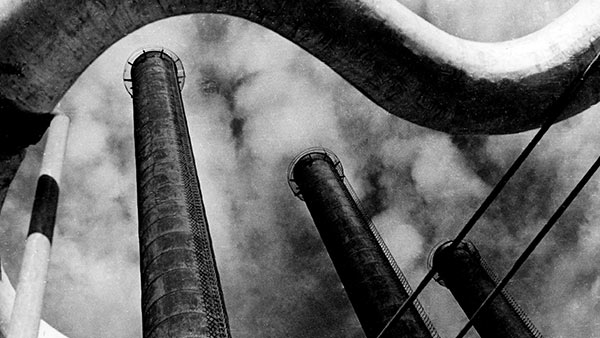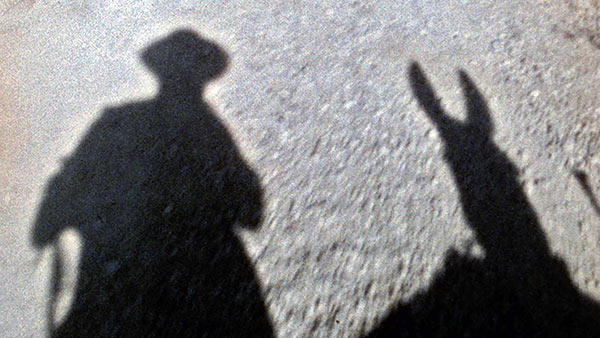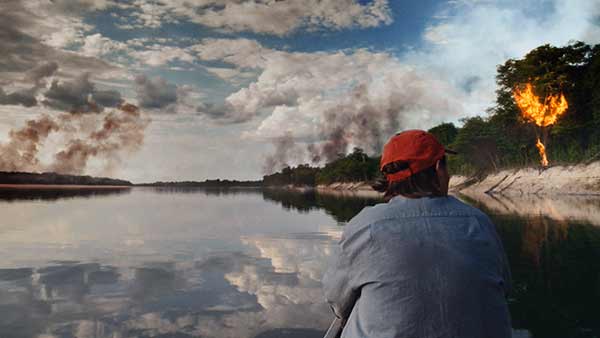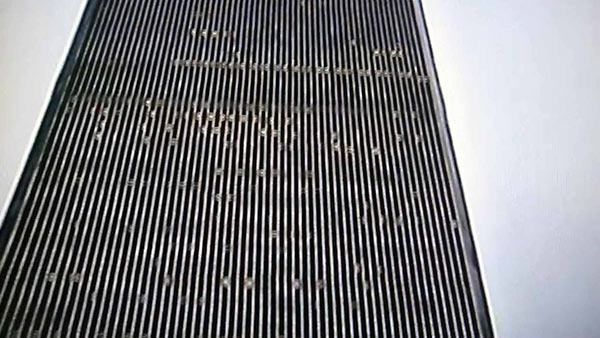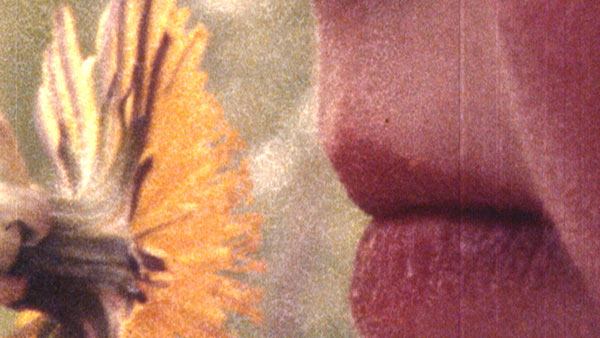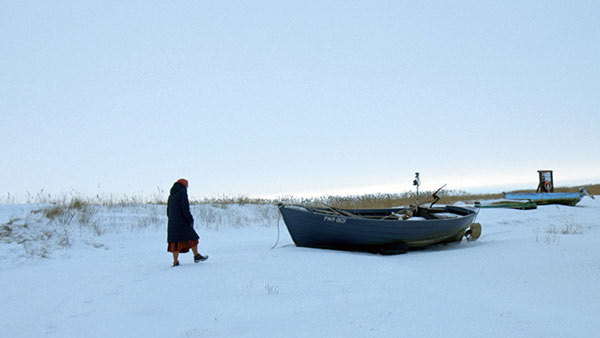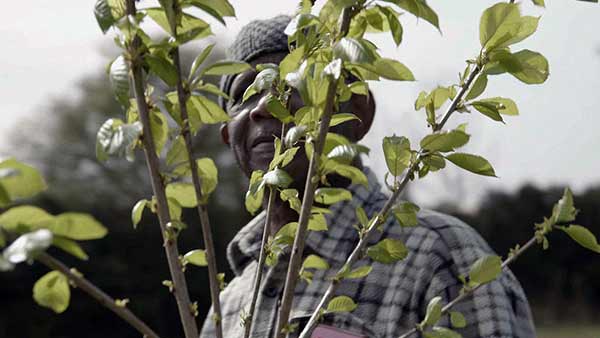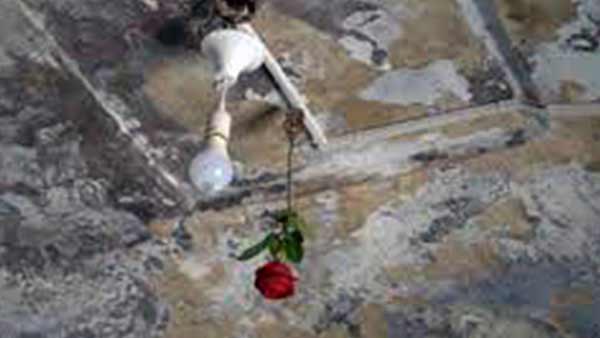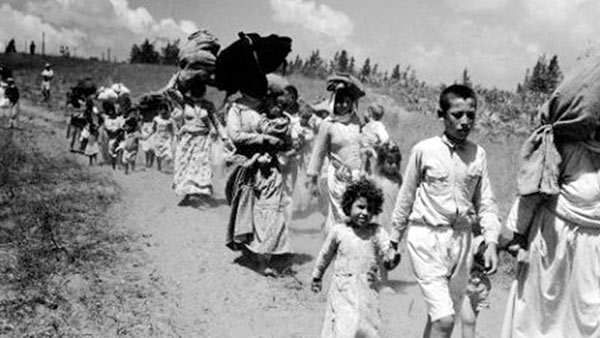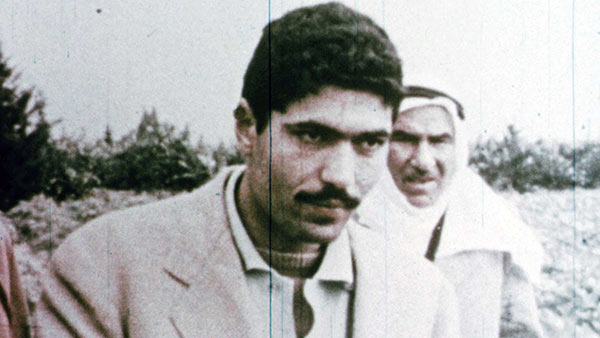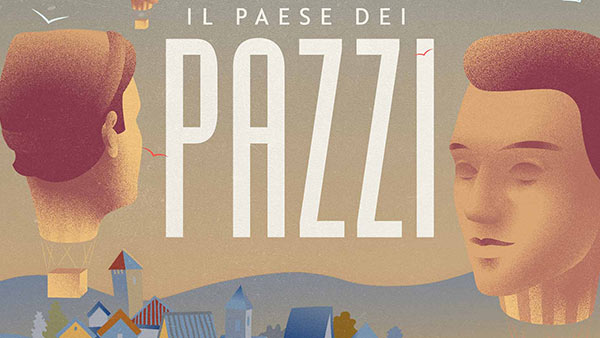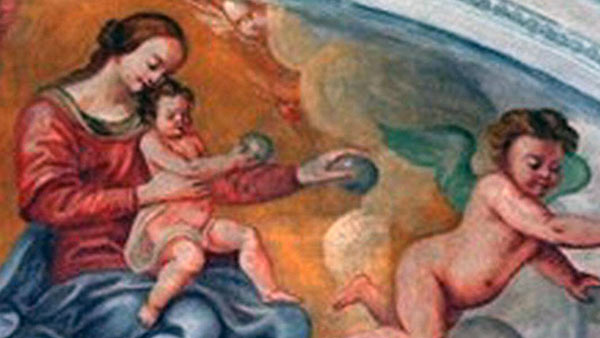Program
Discover the selection of the Fifth Edition of the 2024 Festival – 11 documentary films available online starting from June 27th. Each film has a limited number of slots, so it is advisable to book in advance To do so, register on netfest, then click on the player icon, similar to the one you see above, within each film’s page and start your viewing!
– Limited seats
– Available in Italy
– Free
Meet the Filmmakers! A full calendar of events to find out the talents and skills that lie behind every film. Every Official Screening will be followed by a meeting with the film’s protagonists. Check the official Festival website for a complete calendar.
– Follow them on the Festival website
“Not available” is the most recurring phrase for Yann Keller, a Berlin-based artist, radical in thought, and witness to an alternative world that seems to be dying out in the era of pervasive gentrification. A mysterious pact binds Yann to a faceless presence, attracted by a desire to unlock the secrets of his visionary creative. (The film has no dialogues)
In 1951, the Welsh poet Dylan Thomas travelled Iran on an assignment to write a propaganda film for the Anglo-Iranian Oil Company. Thomas's job, he would later remark, was to “pour water on troubled oil”. Combining colonial archival photographs with Thomas's lyrical account (performed in voiceover by actor Michael Sheen), this documentary film follows the poet's journey through the country, capturing his haunting vision of oil and modernity, as a political upheaval for oil nationalization unfolds.
(The film can only be viewed in person at the festival venues.) A filmmaker decides to recover the transhumance path that the shepherds in his town used to take to get to the mountains, but he cannot find anyone still alive to tell him the exact route. His idea is also to film it with his family’s old super-8 camera but he discovers that, after 41 years of disuse, it no longer picks up sound. The forgotten path and the mute camera will become, along with a donkey called Paolo, the protagonists of a journey full of memories, question marks and silence.
(The film can only be viewed in person at the festival venues) Christopher Clark is an eco-warrior, an out-of-the-ordinary Scotsman who in the heart of the Amazon rainforest has created his Outpost of Progress: a model of utopian society based on the balance between nature and technology. A new great fire threatens to destroy the Outpost and Chris then decides to gamble, pitting the spectacular destruction of the forest against an equally spectacular event: a Pink Floyd concert inside the green inferno.
Until September 11, 2001, many tourists went up to the 107 floor of the World Trade Center towers to film the view of New York. Today, thanks to the One World Trade Center, it's again possible for tourists to go up and film this view of New York. How did the images change?
In June 2022, as the director works on the narrative of his meeting with Patrizia Cavalli, the time spent together and the glances first attentive and then emptied by illness, the poetess dies. Few images remain of the author as he knew her: the only possible gesture is telling through metaphor, with archival images and a text that, between declaration of love and last goodbye, alternates with poems recited by the author.
Mare is the lighthouse keeper of Kihnu, a small Estonian island off the Baltic Sea that has been described as Europe's last matriarchy. While the men are away at sea during long periods of time, it is the women who guard and administer the land. What will be the fate of a place that has always been waiting for someone to return?
A dreamlike portrait of a city that explores the last urban voids and takes us on a journey through which we discover unheard stories, unseen microcosms, and strange urban rituals. (The film has no dialogues)
A close friend is asked to start an investigation before an inevitable act occurs. Interlacing images, textures, movements, traces, and sounds from over a century, letter to a friend recounts in minute detail a home and street in Bethlehem.
15 May 1948 is the date of the founding of the State of Israel over half of the territory of historic Palestine, from the Mediterranean Sea to the Jordan River. But that day for the Palestinians means NAKBA - the catastrophe: the forced expulsion, with the use of violence and weapons, of over 800,000 people and the destruction of 600 villages. The film - made by Monica Maurer in 2018 - wants to remember this date and the progressive Israeli occupation of the Palestinian Territories that has never ended until today.
A rare film by the legendary filmmaker Mustafa Abu Ali, one of the founders of the Palestine Film Unit, the first filmic arm of the Palestinian revolution. Shot by a French news team, the footage was edited by Mustafa in Lebanon to produce one of the earliest films on the occupied territory in Gaza. Scenes of the Occupation from Gaza employs experimental editing techniques to produce a cinematically and politically subversive film. The film won the prize as best film at the Damascus Film Festival in 1973 and was screened at multiple festivals. It was the only film produced by the Palestine Cinema Group, which in 1974 came to the Palestine Cinema Institute.
This is the story of an old asylum and the place where it was born, Girifalco, a Calabrian village of six thousand souls. The psychiatric hospital, founded in 1881, and the inhabitants of the village have always had a symbiotic relationship. Thanks to the ‘open doors’ practices initiated in the early 20th century, patients considered less serious wandered freely through the streets of the village. Madness and normality thus merged into a peculiar fresco that over the centuries has made Girifalco known in Italy and around the world as the ‘Land of the Mad’. The inhabitants, far from experiencing that appellation as a stigma, are very proud of their identity. What happens, however, to that little hamlet when the asylum is closed and ‘the mad’ leave? And is a madman still mad even if no one calls him that any more? What are we when they stop calling us by our usual name?
At a time of clashes of civilizations and fratricidal wars, it is quite a shock to discover that just a stone's throw away from home in an ordinary church there is an anonymous 400-year-old fresco showing a Madonna dropping bombs on a Muslim fleet and claiming,




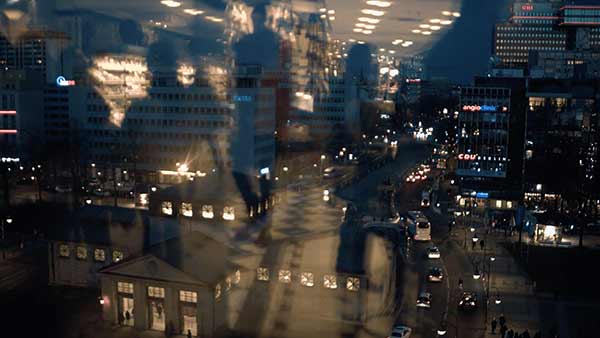
 June 27 | 1.00am |
39'
June 27 | 1.00am |
39' 